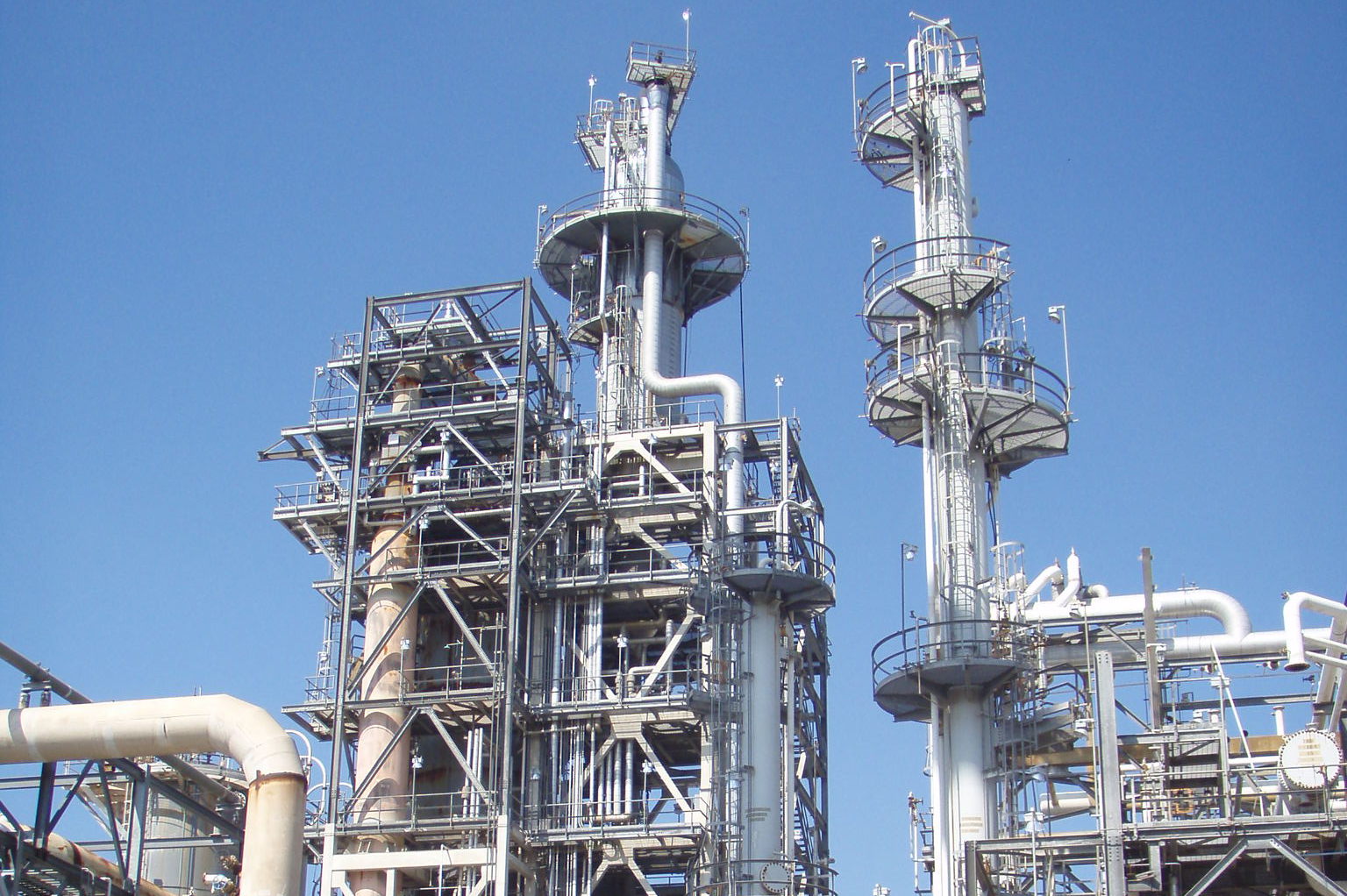 Increase Propylene and other Petrochem Feedstocks with FCCU Revamp
Increase Propylene and other Petrochem Feedstocks with FCCU Revamp
The FCCU (Fluid Catalytic Cracking Unit) has been the heart and economic driver of refinery profitability for over 75+ years! The FCC process has evolved in design, operating conditions, cracking catalysts and additives. This has resulted in units having the ability to operate in various modes with a flexibility in various feedstock qualities and product slates!
The current and future expectation of these FCC (CatCracker) operation modes is to produce high yields of propylene, other light olefins, aromatics and fuels. It is also expected to be flexible in utilizing the most economical available feedstocks of various qualities from severely hydrotreated gasoils, resids, to very light feedstocks from condensates and tight oils! In some operating modes liquid products are not producing fuels only petrochemical feedstocks.
Existing FCC’s have to meet these new and future operating modes to remain economically viable. They will have to be revamped to become more flexible in feedstock utilization and products to meet market demands and may even potentially become integrated with petrochemical complexes! Some future units will no longer be fuels producers!
Points to evaluate:
- What operating variables, catalysts & additives, and what unit design changes with updated process technology revamps will be required to meet the feedstocks and product slate flexibility future FCC’s will demand.
- What operating, catalyst and hardware changes will be required for an existing gasoline VGO FCC to maximize propylene production?
- What operating, catalyst and hardware changes will be required for a resid FCC to maximize propylene? What unit flexibility will result?
- What operating, catalyst and hardware changes will be required for an existing diesel & gasoline mode resid FCC to maximize propylene production?
- What will be the final feedstock and product flexibilities these revamped units will have?
- In addition, the flexibility in recovering light products and product treating.
Inquire about Propylene or FCC Technical Consulting Services







The propylene supply gap is expected to widen well into 2027, according to recent reports. Against this backdrop, will some refiners opt to circumvent any modifications to increasing FCC propylene production and instead opt to invest in a stand-alone propane dehydrogenation (PDH) unit, like the UOP Oleflex process, or the Lummus Catofin process?